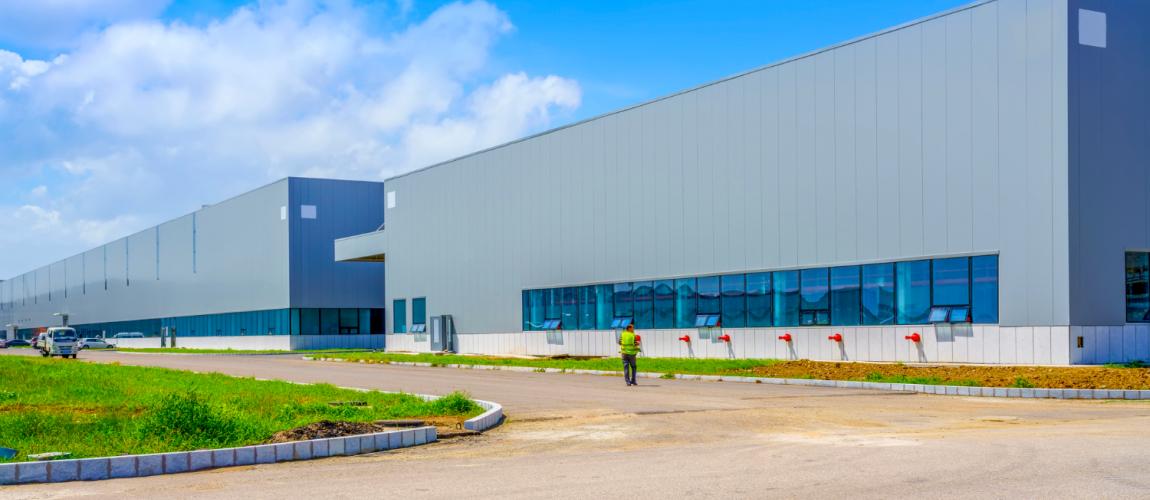Mafra and Ericeira Business Factory, Portugal

Photo Credit: Image by Freepik
On this page: A case study on Mafra and Ericeira Business Factory, Portugal. Find more at the Municipal Public-Private Partnership Framework - Project Summaries section for brief summaries of around 100 projects from around the world, examples of successes and challenges, as well as innovative ideas on solutions, or visit the Guidelines to Implementing Asset Recycling Transactions Section Overview and Content Outline, or download Full Version of the Report.
Project Summary: Background The municipality of Mafra has an area of 291 km2 and 76,685 inhabitants. In 2015, it wanted to nurture entrepreneurship in its villages in order to create jobs and thereby encourage people to stay and contribute to the villages. The municipality realized that, to do so, they would need to build and develop an entrepreneurial ecosystem. With little internal expertise in developing such an ecosystem, the municipality decided to pursue a PPP to create a business incubator and outsource the training services to an experienced private partner. Subsequently, it established two business incubators, one in Mafra village and another one in Ericeira village. Project Structure The municipality awarded the PPP contract to Territórios Criativos, a private operator specializing in entrepreneurial activities and training, business incubator management and incubator community management. The private operator provided the direct services, including offering trainings and micro-managing and operating the incubator, while the municipal provided the physical site – which was previously under-utilized primary school building. At the same time, national government institutions, including QREN and PORLISBOA, funded the supporting infrastructure. The project derives its revenues from aspiring entrepreneur attendees’ monthly fees, renting rooms, and sponsorship from a local bank (Caixa de Crédito Agrícola). The monthly fees for entrepreneurs are very low compared to the market price. The monthly payments include working space, access to the internet, mentoring, business boot camps, consultations (e.g., legal advice), training programs, marketing, and leadership programs, among others. Management of the incubator goes beyond the contract as the private operator also provided capacity building to the municipality staff in case the municipality does not renew the contract. Lessons Learned Since the incubator opened in April 2015, it has created a network that connects all local players in entrepreneurship, including local schools, angel investors, and authorities. It fosters the exchange of expertise between the hired experts and the entrepreneurs and municipal staff. Thus far, there are 60 projects in the business incubator and 50 percent of the entrepreneurs are women. To achieve financial sustainability, the business incubator plans to introduce progressive fees to newcomer and solicit more prominent local companies to sponsor some rooms. This project provides the following lessons. The project was thoughtfully and purposefully designed, with close engagement between the key local and national players from the very outset. The municipality also leveraged the private service deliverer’s expertise in nurturing fruitful partnerships among the players. The project focused on long-term gains by maximizing all possible revenue streams. It even introduced new policies to enable self-financing and provide capacity building to municipality staff to ensure the project’s sustainability in the long term.1 Footnote 1: Case source(s): https://www.unece.org/ fileadmin/DAM/ceci/ documents/2017/PPP/ Forum/Case_Studies_ Compendium.pdf
This is a new section of the PPPLRC website and is currently in draft form. Your feedback is welcome: If you would like to comment on the content of this section of the website or if you have suggestions for links or materials that could be included please contact us at ppp@worldbank.org.
To find more, visit the The Municipal Public-Private Partnership Framework - Project Summaries section, the Guidelines to Implementing Asset Recycling Transactions Section Overview and Content Outline, or download Full Version of the Report.
Updated: March 9, 2024